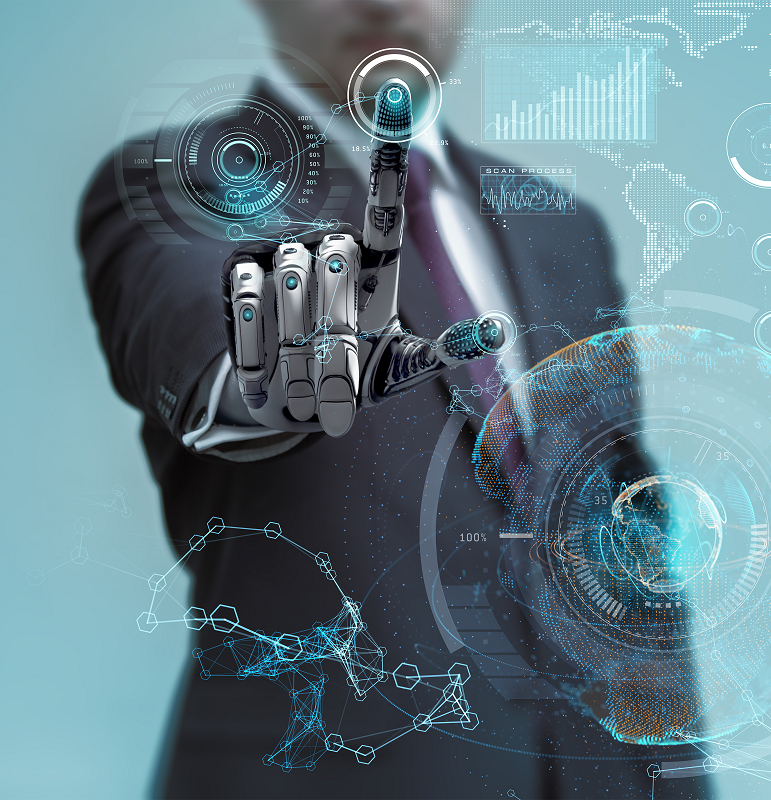From Legacy to Intelligence
Modernizing Delphi Systems in the Age of AI
Five years ago, the pandemic exposed just how fragile outdated IT systems could be. That was the wake-up call. But in 2025—almost 2026—the challenge is no longer just resilience. The world has moved on to AI-driven services, cloud-native operations, multi-platform ecosystems, and real-time digital experiences. Customers expect speed, security, personalization, and reliability. Legacy systems simply cannot keep up.
Legacy Systems: Backbone or Bottleneck?
“Legacy” should never mean “failure.” In fact, it should mean proven success.
-
COBOL systems still process the world’s financial transactions, and while old, they remain the backbone of our economy.
-
Borland Delphi systems, nearly 30 years old, power critical services across industries. They were once at the forefront of rapid application development, bridging DOS to Windows, and later into the client-server era.
But times have changed. Legacy systems are showing their age: slow performance, weak operability, poor connectivity, and difficulty scaling. Technology that once fueled growth has become a constraint.
The question in 2026 is no longer “Should we modernize?” but “How quickly can we modernize before it’s too late?”

Delphi in 2026: Two Paths Forward
With the release of Embarcadero Delphi 13, developers have powerful options to bring their Delphi systems into the modern era. At the same time, AI-assisted migration tools now make Delphi-to-C# conversion a real, practical alternative.
This creates two modernization paths:
-
Stay with Delphi (RAD Studio 13):
-
Native multi-platform development (Windows, Linux, macOS, iOS, Android).
-
FireDAC replacing the old Borland Database Engine with intelligent, high-performance data access.
-
Built-in support for modern APIs (REST/JSON, SOAP), microservices, and DevOps pipelines.
-
A strong, stable community—millions of developers worldwide still using Delphi.
-
-
Migrate to C#/.NET:
-
AI-powered conversion tools preserve business logic while enabling a move into Microsoft’s .NET ecosystem.
-
Easier integration with enterprise systems already standardized on C#.
-
Access to a larger pool of developers familiar with .NET.
-
Neither path is wrong. The choice depends on your business strategy, existing team, and long-term goals. But the critical mistake is to do nothing.
Legacy Modernization Is Future-Proofing
Modernization isn’t just about avoiding system crashes or reducing maintenance costs. It’s about future-proofing your business in an AI-driven economy.
Benefits of a Modernized IT System
-
Deliver Exceptional Customer Service
-
Greater resilience, uptime, and security
-
Faster performance and productivity
-
Modern UI/UX experiences customers expect
-
Reduced failure rates and lower support costs
-
-
Adopt Modern Architectures
-
Cloud-native and hybrid connectivity
-
Multi-tier, service-oriented architecture
-
Microservices and DevOps readiness
-
Open APIs for ecosystem integration
-
-
Leverage Latest Technology
-
Full Unicode support
-
Stronger, more scalable databases
-
AI and Big Data integration
-
-
Support Multi-Platform Growth
-
Windows 64-bit and beyond
-
Mobile and IoT applications
-
Linux and macOS deployment
-
-
Empower Your Teams
-
Modern toolchains and workflows
-
Better documentation and knowledge sharing
-
Improved developer motivation and retention
-
Delphi Code Is Everywhere
From finance and healthcare to logistics, telecom, and manufacturing, Delphi code is still embedded in critical systems across the globe. In many industries, Delphi has a larger footprint than COBOL because it was the tool of choice during the Internet and Y2K boom.
That’s why modernization isn’t a niche problem—it’s a global challenge. Tens of thousands of companies depend on Delphi-based systems daily.
Modernization Made Easy
The good news is that modernization no longer means rewriting everything from scratch.
-
Embarcadero Delphi 13 offers direct migration paths, multi-platform support, and cloud-native readiness.
-
AI-driven code converters allow organizations to move Delphi systems into C#/.NET more safely and quickly than ever before.
-
Automatic refactoring tools, like Delphi Parser, streamline the upgrade process, preserving business logic while upgrading frameworks, databases, and UI.
Final Word: The 2026 Imperative
The pandemic was the warning. AI is now the disruption.
Legacy systems—whether Delphi, COBOL, or others—have served us well. They are not failures, but their time is running out. In 2026, modernization is not about “catching up.” It’s about staying alive in a digital-first, AI-driven economy.
Legacy should mean “proven success.” But without modernization, it risks becoming “future risk.”
Now is the time to modernize—before the choice is made for you.
